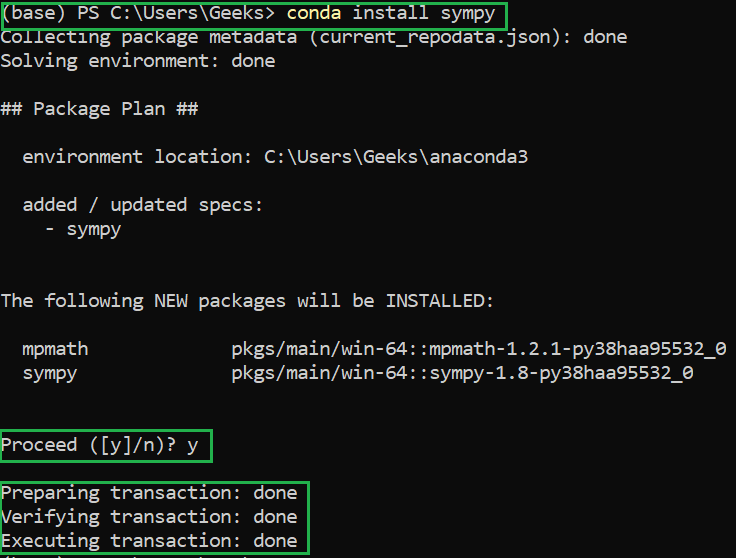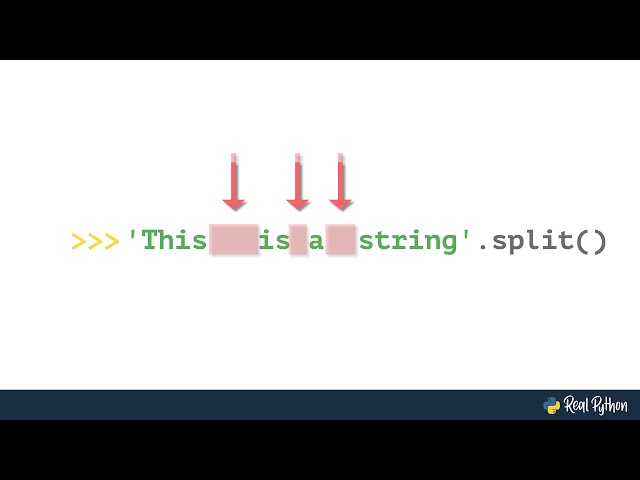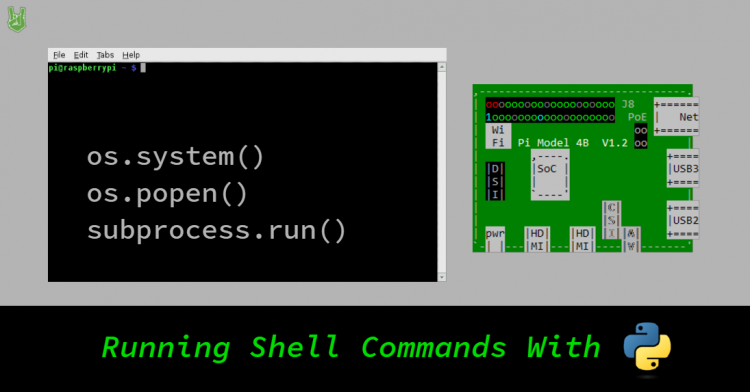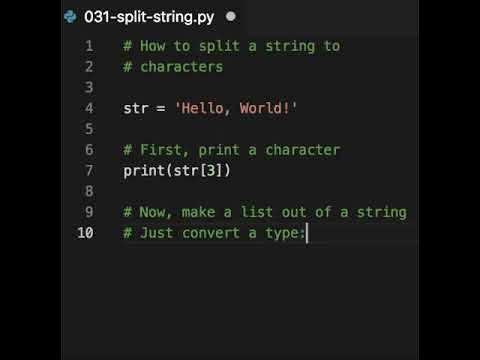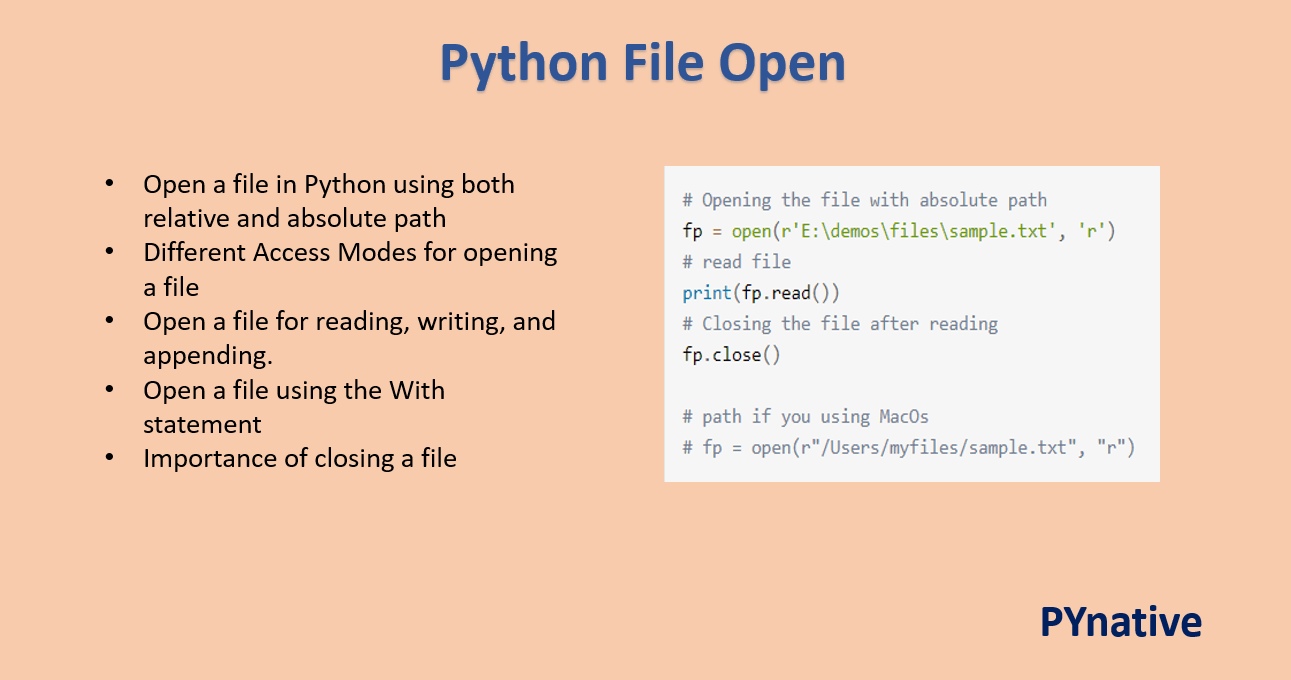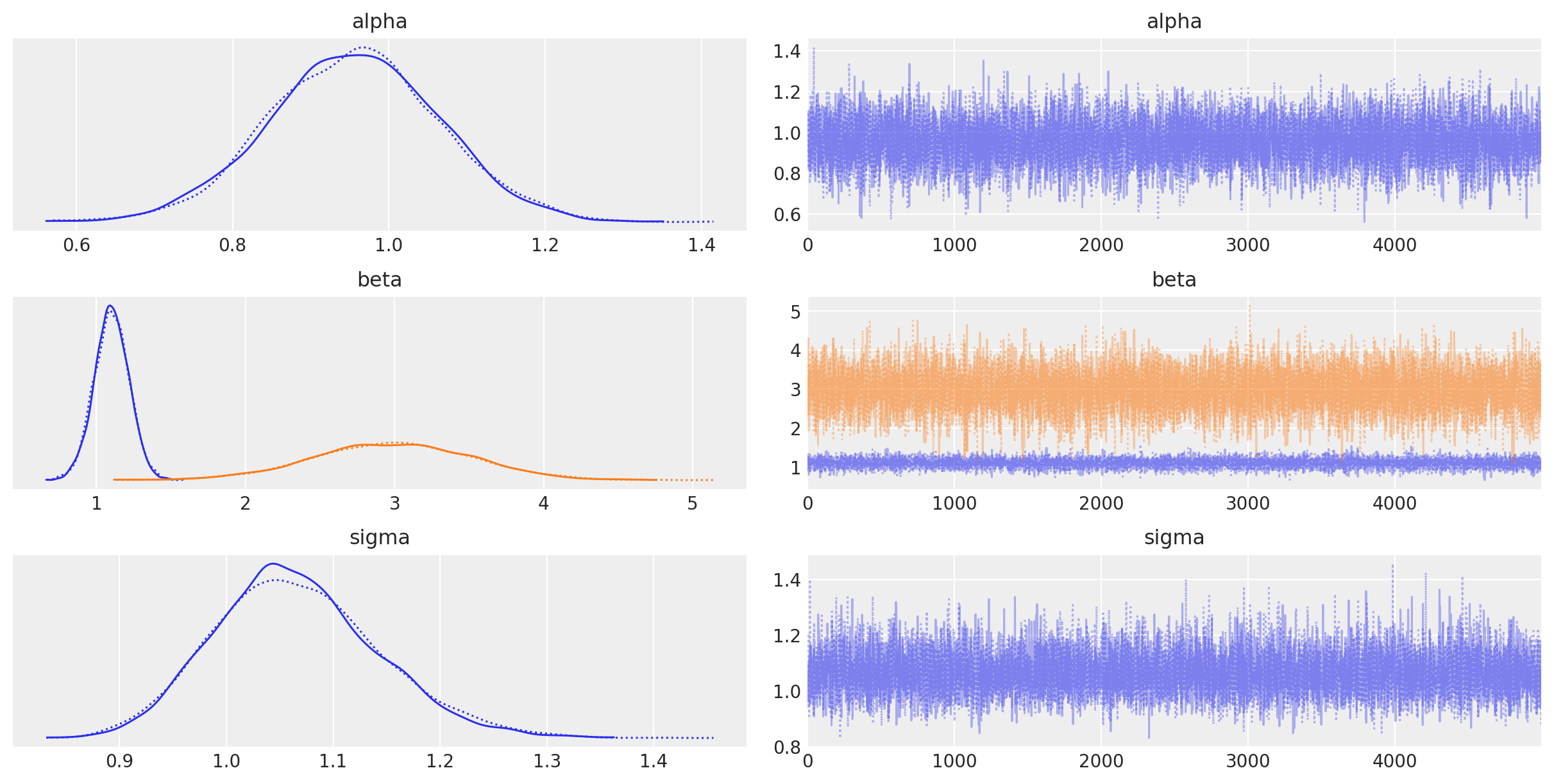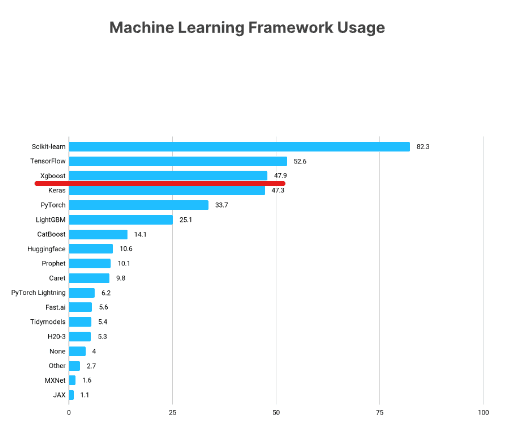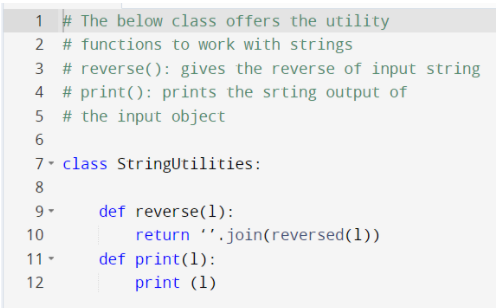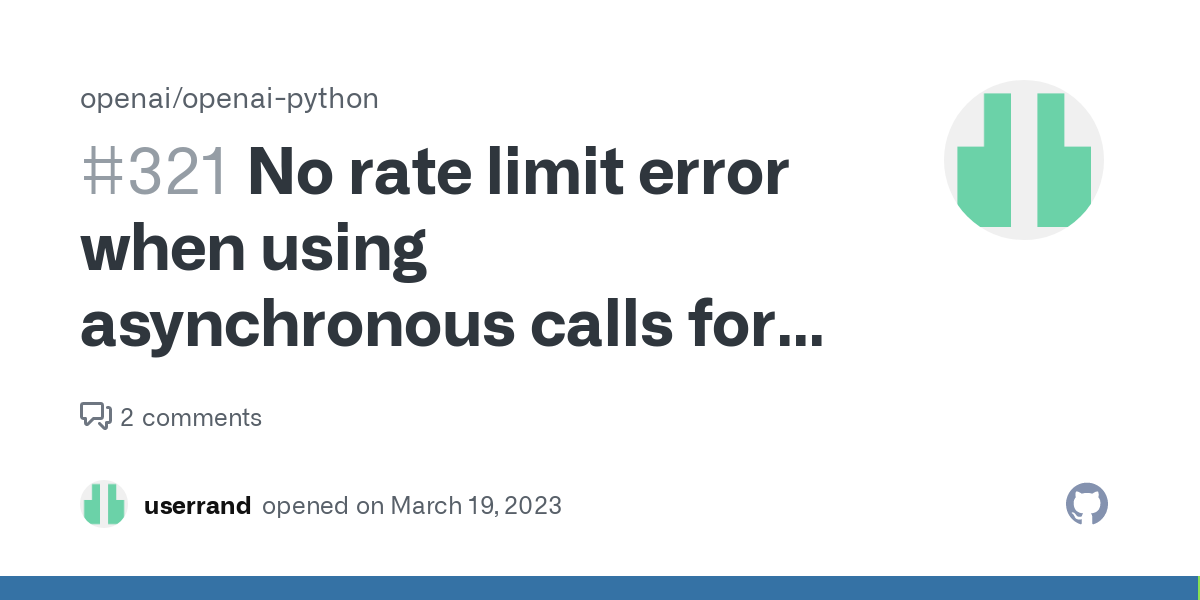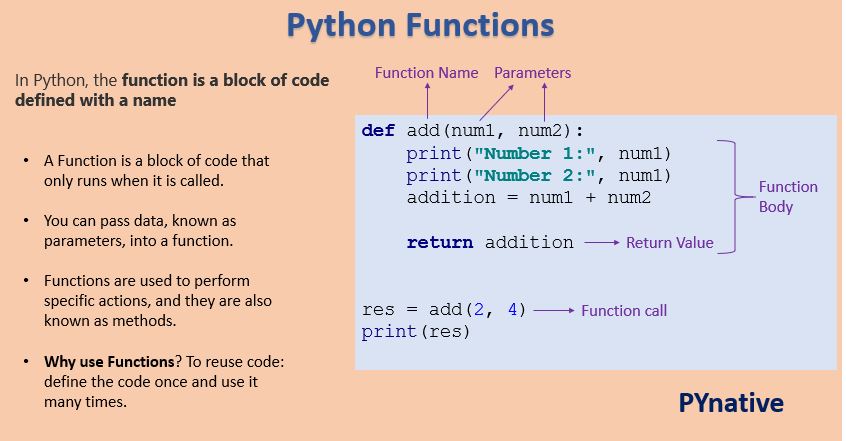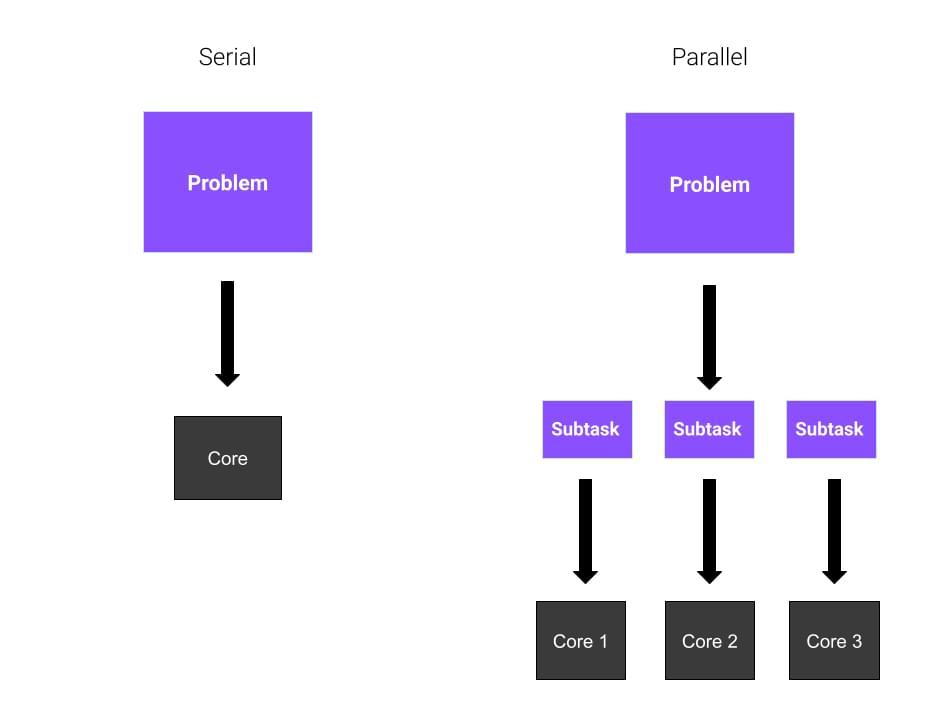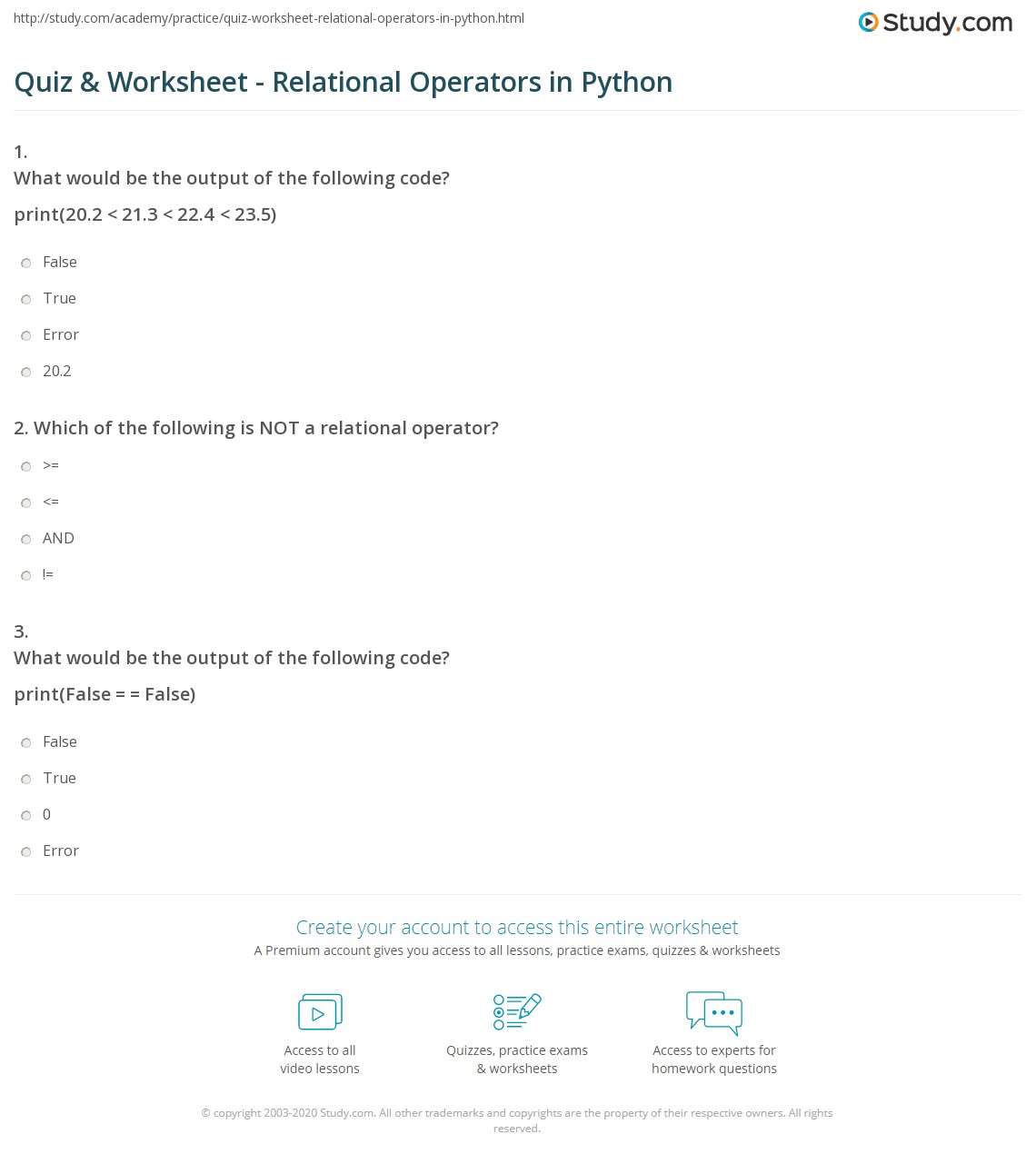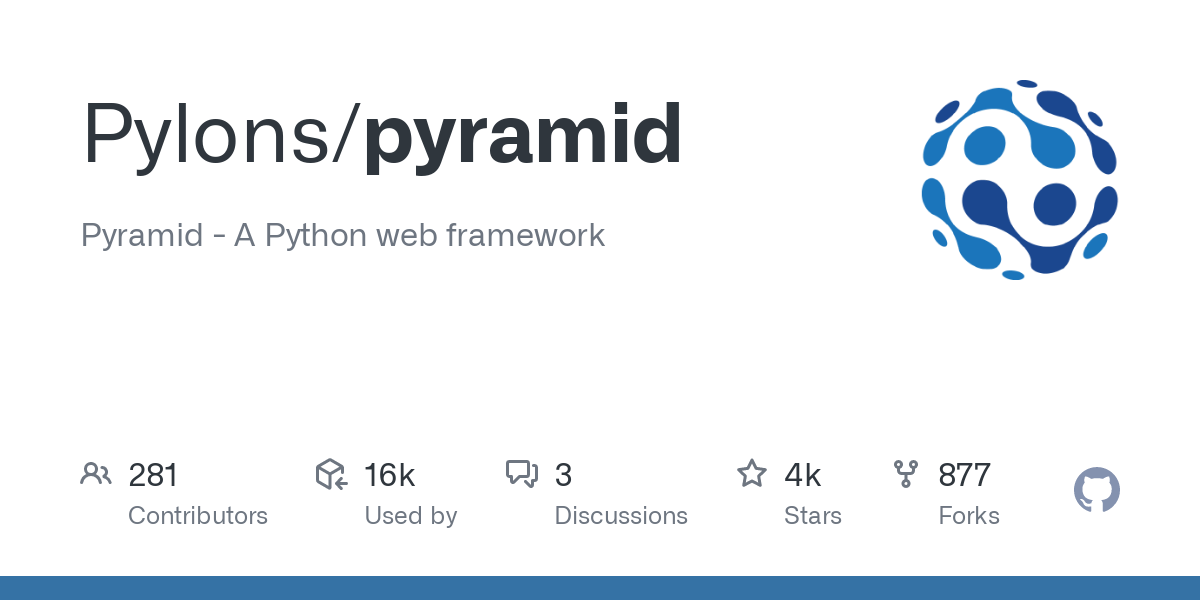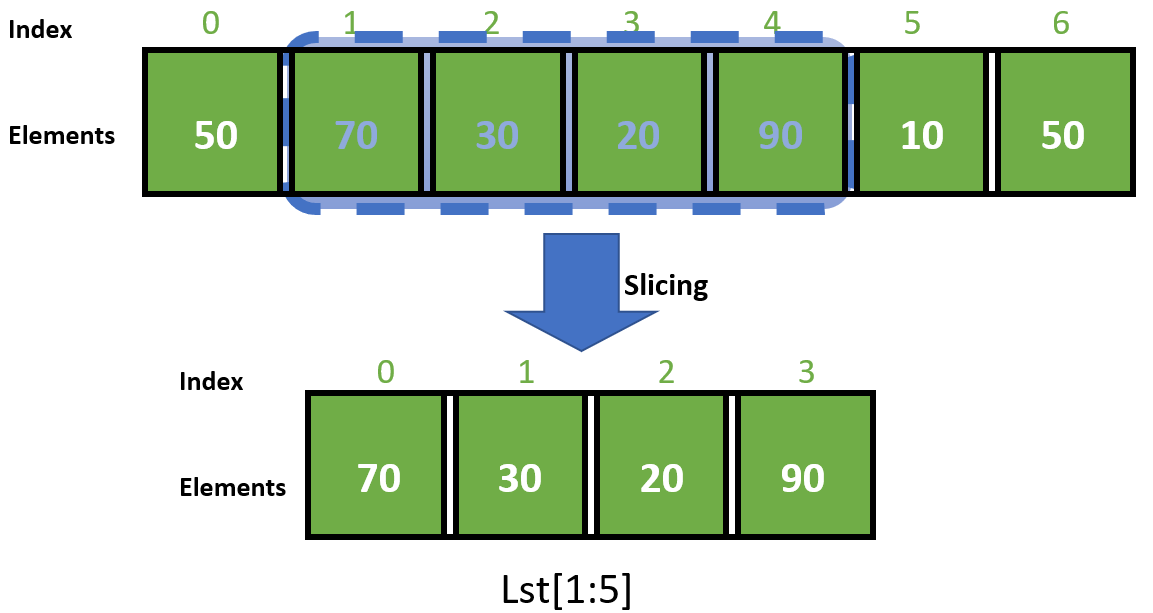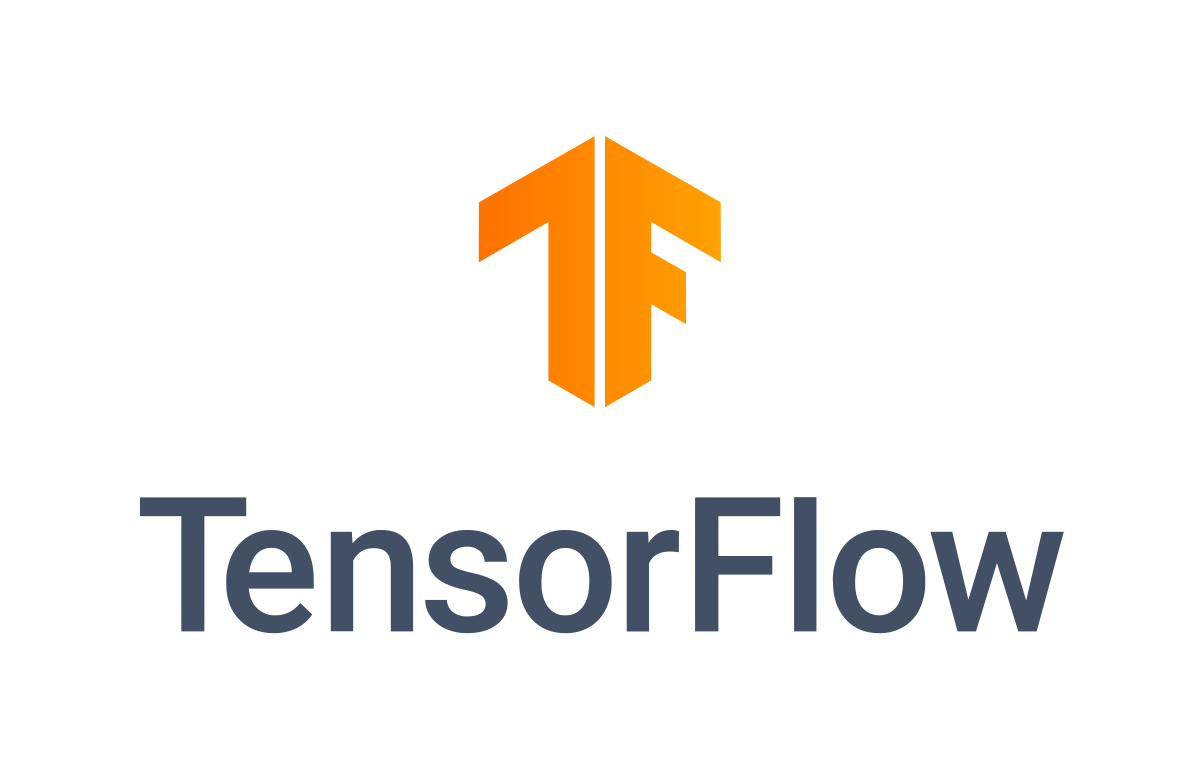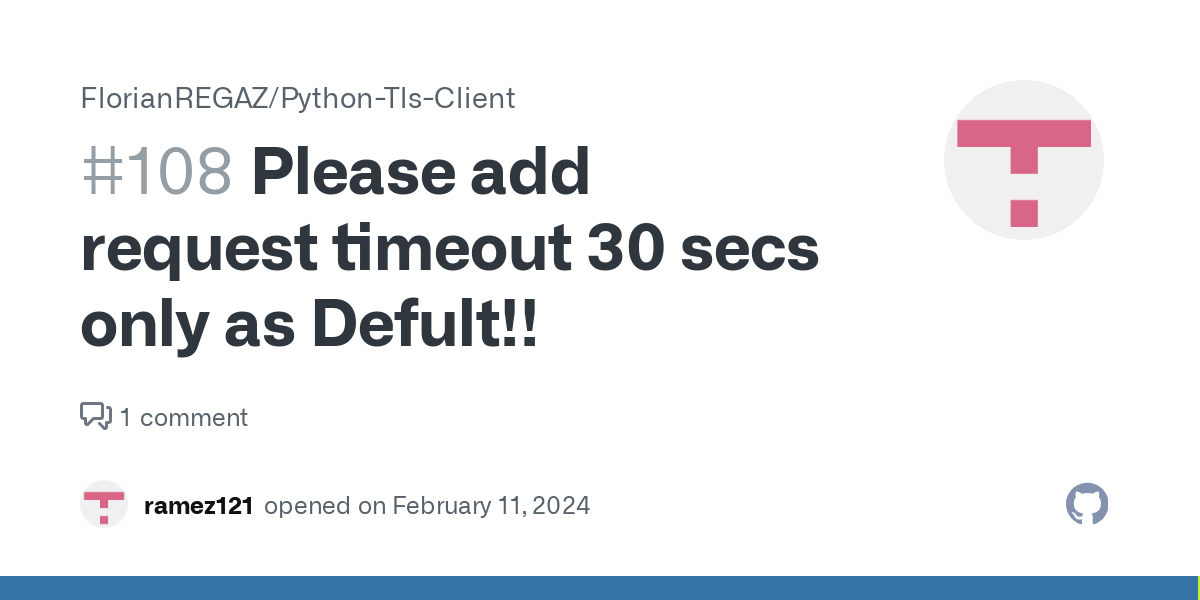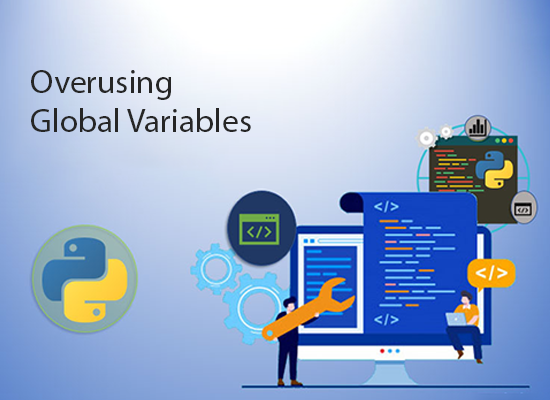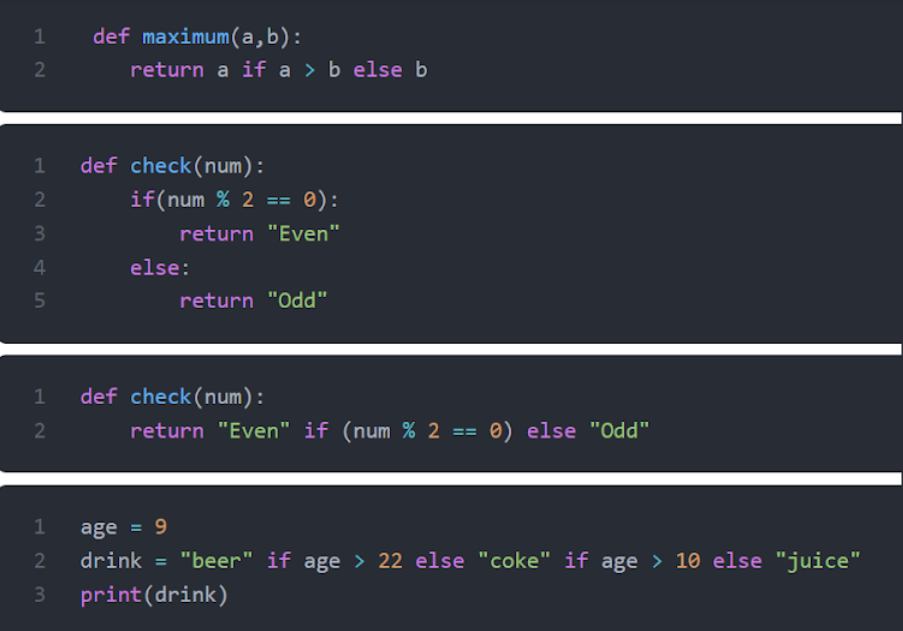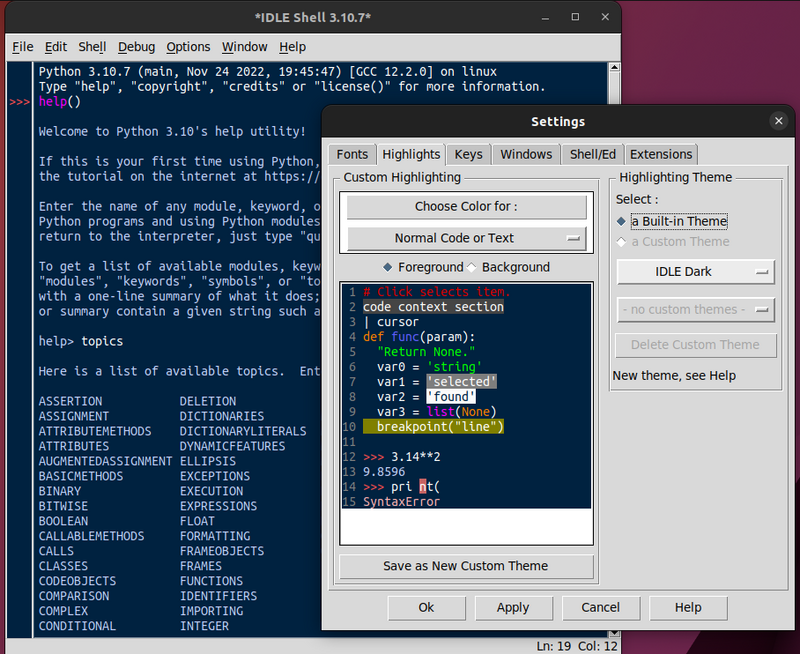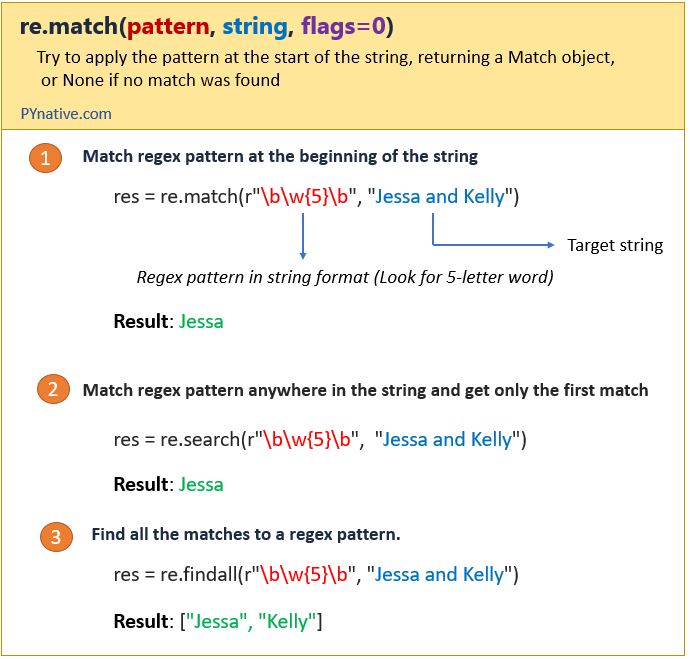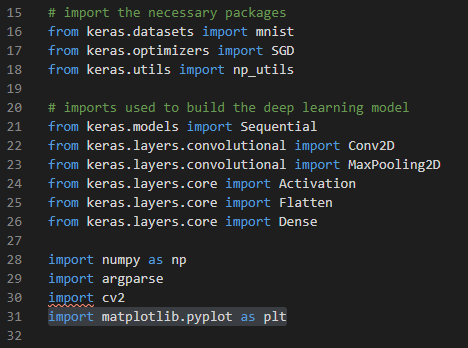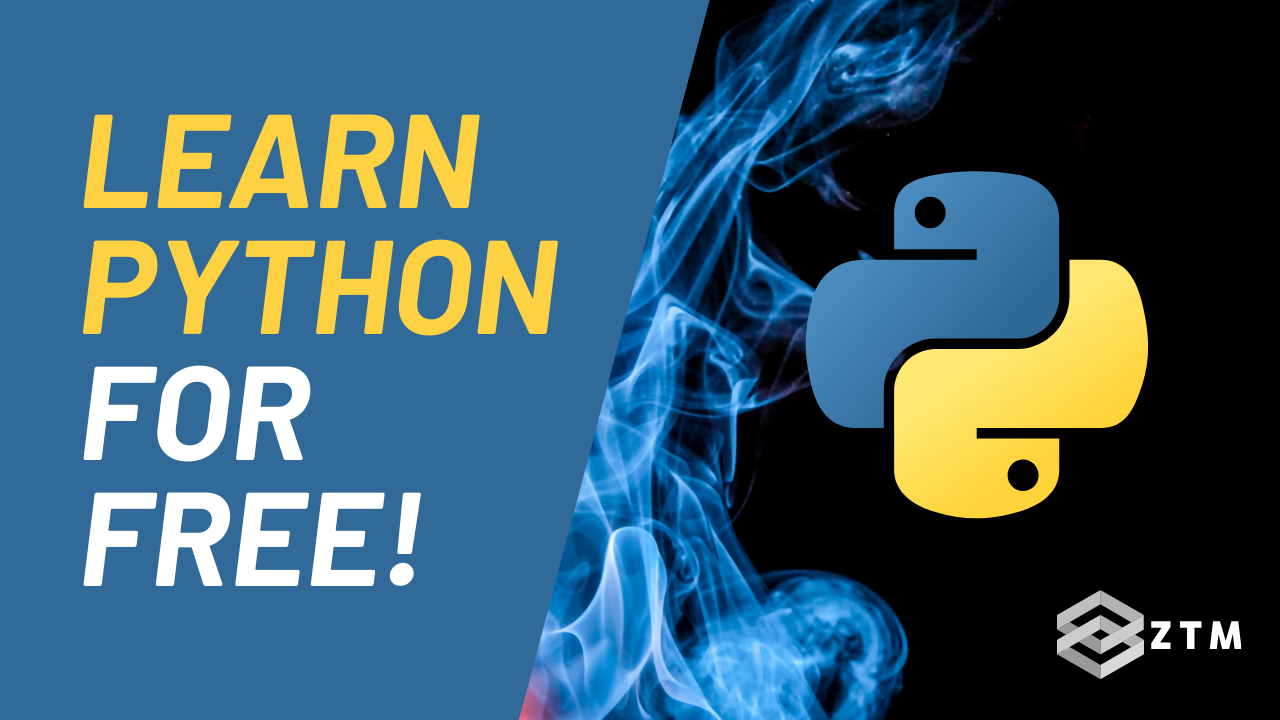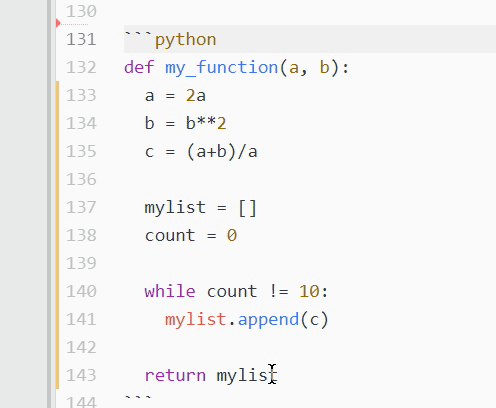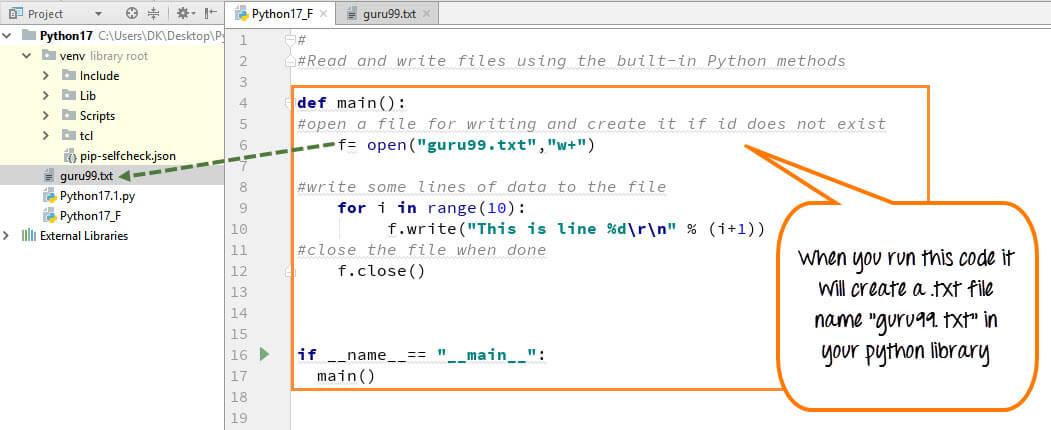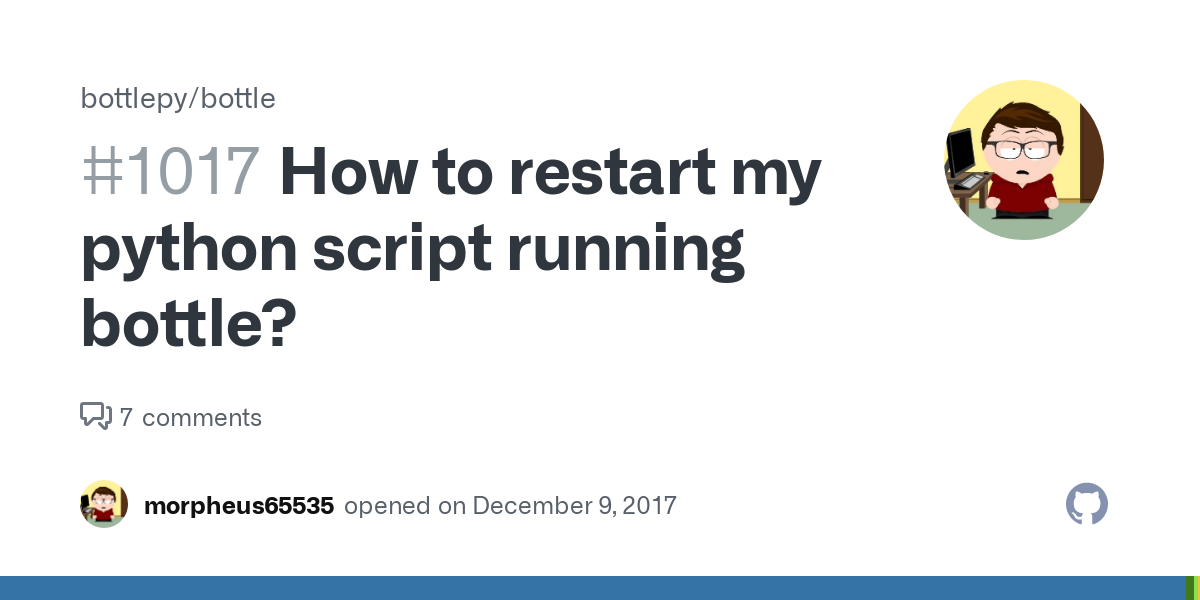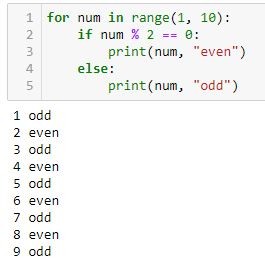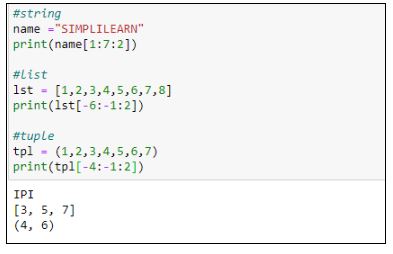Can I master Python in 10 days?
Can I master Python in 10 days?
The ambitious question! Mastering a programming language like Python in just 10 days is quite challenging, if not impossible, for several reasons.
Firstly, learning any programming language requires dedication, persistence, and consistent effort. You can't expect to become proficient in just a few days. Programming involves understanding concepts, syntax, data structures, algorithms, and more. It takes time to grasp these fundamental ideas and develop problem-solving skills.
Secondly, Python is an incredibly powerful and versatile language with numerous libraries and frameworks that allow for diverse applications (web development, data analysis, machine learning, automation, etc.). To truly master it, you'll need to explore its various facets and nuances, which takes time and practice.
Thirdly, even if you were able to cram a significant amount of information into your brain in just 10 days, you'd be sacrificing quality over quantity. Rushing through the learning process can lead to superficial understanding and poor retention. The best way to learn is to absorb concepts gradually, reinforcing them with real-world applications, exercises, and projects.
Lastly, the concept of "mastery" implies a high level of proficiency, which is difficult to achieve in such a short period. In 10 days, you might be able to get started with Python, but you won't have the depth of understanding required to tackle complex problems or create robust software solutions.
That being said, you can still make significant progress in just 10 days! Here's what I recommend:
Set aside dedicated time each day (at least 2-3 hours) to focus on learning Python. Start with the basics: understand the syntax, data types, variables, control structures, and functions. Focus on building small projects, such as command-line tools or simple games, to apply your new skills. Experiment with popular libraries and frameworks like NumPy, Pandas, Flask, or Django to get a feel for their strengths. Join online communities (Reddit's r/learnpython, Stack Overflow, etc.) and ask questions when you're stuck.While 10 days might be too short to achieve true mastery of Python, it's still an excellent starting point to gain a solid foundation in the language. Who knows? You might even surprise yourself with how much you can learn!
Remember, learning programming is a marathon, not a sprint. Enjoy the journey, and don't hesitate to ask for help along the way!
Can I learn Python in 30 days?
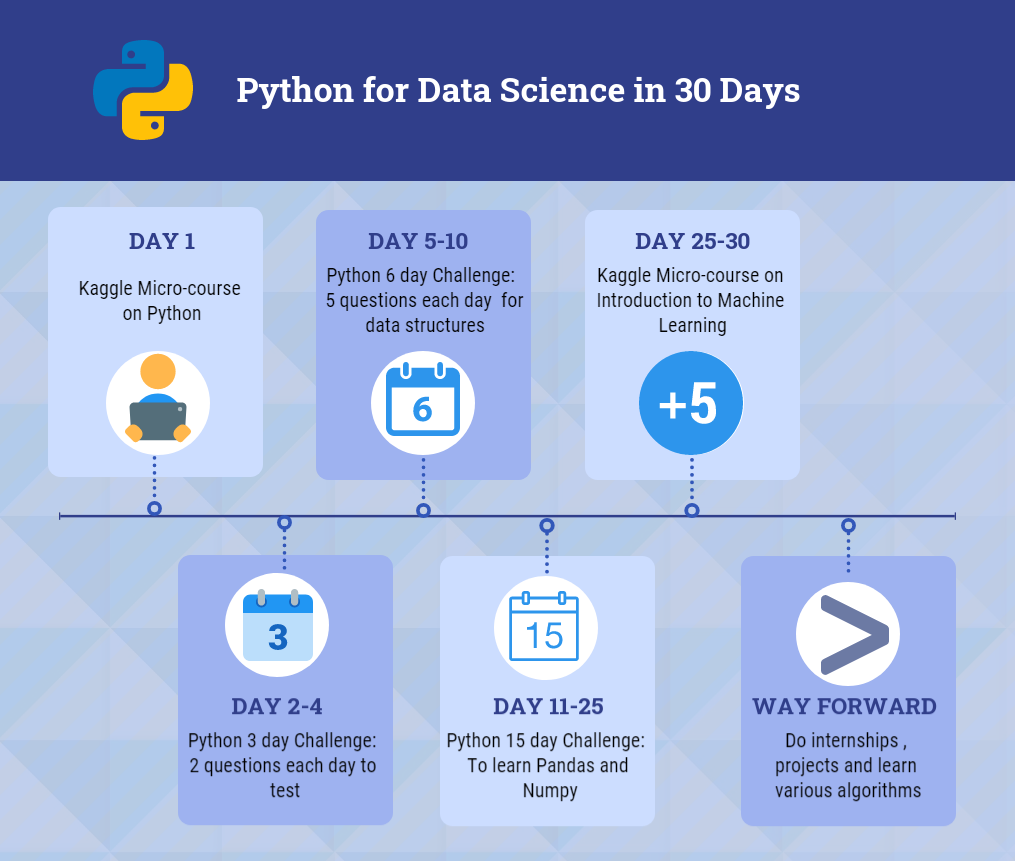
The eternal question! Can you really learn Python in just 30 days? Well, the answer is a resounding "maybe." But let me explain.
Learning any programming language, including Python, takes time and effort. It's not like learning a new language or skill where you can quickly grasp the basics. Programming requires patience, dedication, and consistent practice to become proficient.
However, it's possible to get a solid foundation in Python in 30 days if you're willing to put in the work. Here's what I mean:
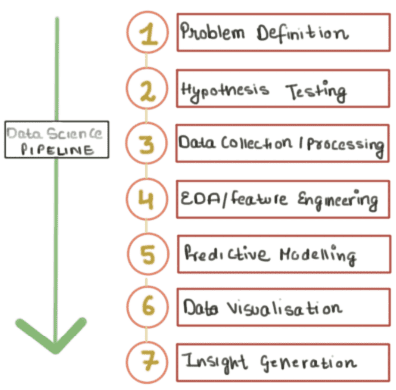
What you need to know: To learn Python, you'll want to start with the basics: variables, data types, control structures (if/else, loops), functions, and object-oriented programming concepts. You can't skip these fundamentals and expect to build meaningful projects.
A daily routine is key: Set aside a specific time each day to practice coding in Python. Even 30 minutes a day can be beneficial if you're consistent. This will help you develop muscle memory for typing code and improve your problem-solving skills.
Resources are crucial: Find high-quality resources to guide your learning, such as:
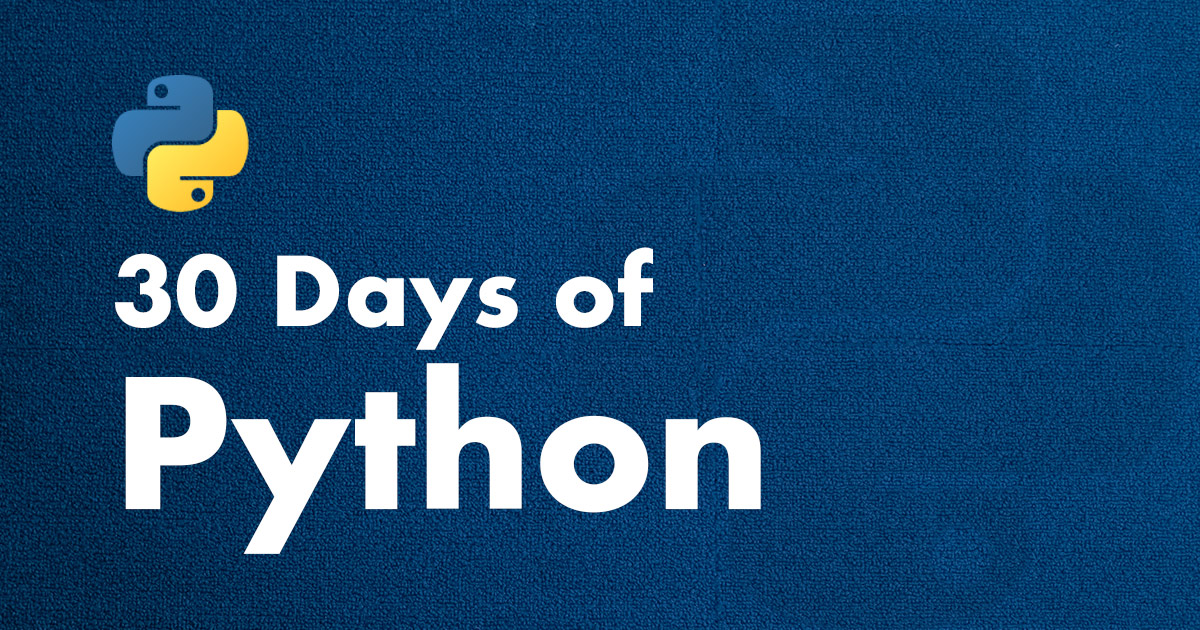
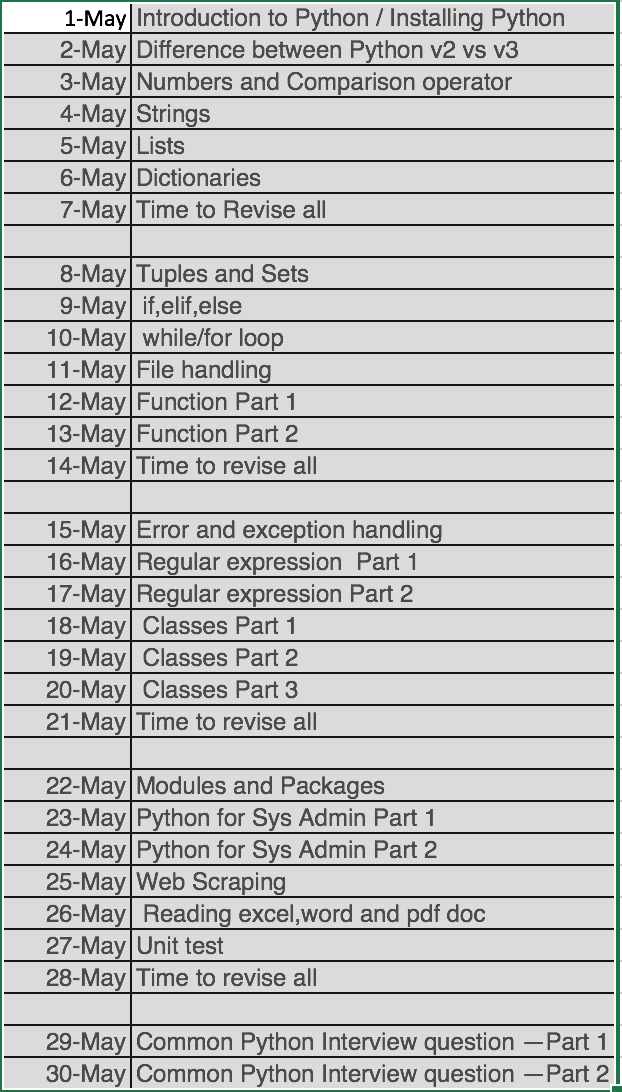
What you can realistically achieve in 30 days: By dedicating a few hours each day, you can:
Learn the basics of Python programming. Build simple projects, such as calculators or games, to test your skills. Gain experience with popular libraries like NumPy, Pandas, and Matplotlib.What might take longer (or require more effort):
Mastering advanced concepts: topics like web development, machine learning, or data science may require additional time and study. Building complex projects: creating larger, more comprehensive programs will likely take more than 30 days to complete.In conclusion, while it's possible to learn some Python basics in 30 days, becoming proficient requires dedication, consistent practice, and a willingness to continue learning after the initial 30-day period. Be prepared to invest time and effort into your programming journey!
